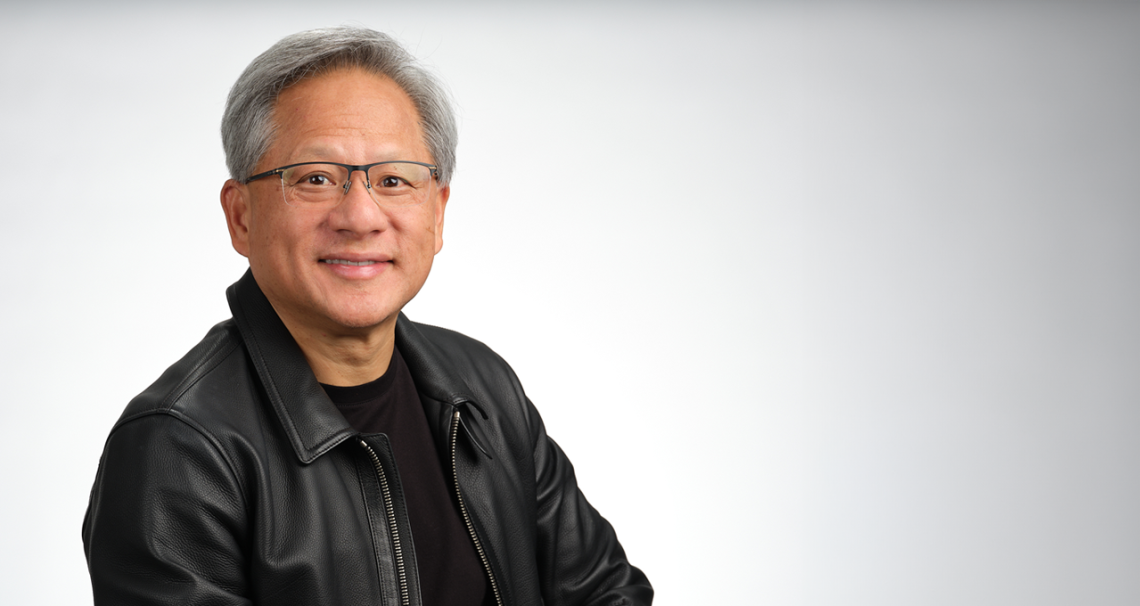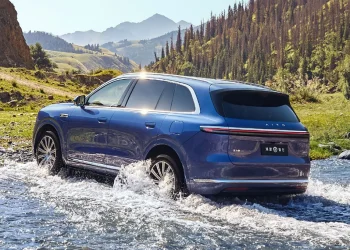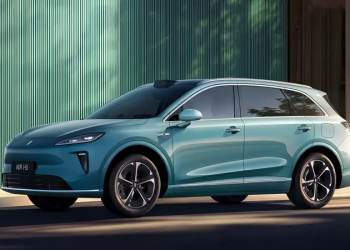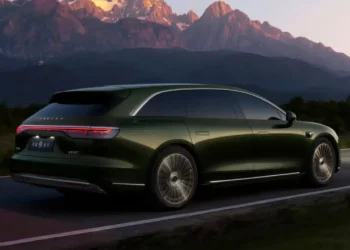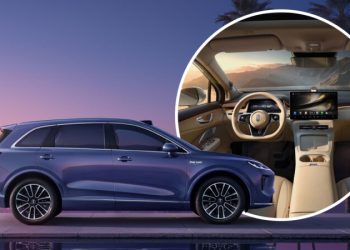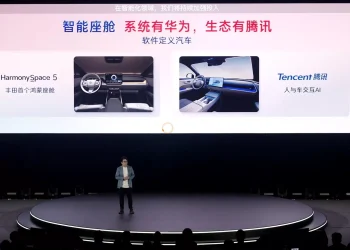Jensen Huang, the founder and CEO of Nvidia, visited China this week and praised both Huawei and local electric vehicle makers for their innovation and progress. During a media briefing in Beijing, he described Huawei’s chip design as “extremely impressive” and applauded the company’s system and network engineering capabilities.
Huang highlighted that Huawei provides its own cloud services, unlike Nvidia, which focuses solely on hardware. He emphasized that this independence gives Huawei a major competitive edge. “They’re developing their market entirely on their own, and that’s a remarkable strength,” he said. He also mentioned that Nvidia intends to learn from Huawei and its growing list of global competitors.
He continued his remarks by recognizing the strength of China’s EV industry. “China’s electric vehicles are amazing. Everyone agrees,” he said. Huang pointed to Li Auto’s vehicles, saying their interiors are so spacious that they feel like living rooms. He also described Nio and XPeng models as luxurious and advanced.
Huang met with Xiaomi’s CEO Lei Jun, who introduced the new Xiaomi YU7 SUV. This electric SUV rivals Tesla’s Model Y. Huang praised the YU7 for its stunning design and advanced technology. “I’d love to buy a Xiaomi car, but sadly it’s not available in the United States,” he said.
Nvidia supplies chips to a wide range of automakers, including XPeng, Nio, Xiaomi, Li Auto, and Great Wall Motor. It also works with global brands such as Mercedes-Benz, Kia, and Jaguar Land Rover. Despite this reach, more automakers are now designing their own chips.
XPeng recently introduced the G7 SUV, the first vehicle powered by its in-house Turing AI chip, which delivers 2,200 tera-operations per second (TOPS). According to CEO He Xiaopeng, this chip outperforms Nvidia’s Orin-X by nearly three times in effective computing power.
Nvidia’s Orin chips deliver up to 275 TOPS and currently support features in XPeng’s Mona M03 Max and Xiaomi’s SU7. The company’s most recent offering, Drive Thor, targets up to 2,000 TOPS and powers the new Xiaomi YU7 SUV.
Nvidia began working with Nio in 2014. However, in 2021, Nio launched its own chip development program. Since then, it has released two chips: the Yangjian chip for LiDAR control and the Shenji NX9031 for autonomous driving. Nio integrated the Shenji chip into its flagship ET9 sedan in late 2023, marking a shift toward internal solutions.
Despite this shift, Nio’s sub-brand Onvo continues to use Nvidia Orin chips in its vehicles. Li Auto, which first adopted Orin chips in 2020, expanded its use of Nvidia hardware in 2024 by integrating Thor chips into its newer models.
While in China, Jensen Huang also announced that Nvidia would apply for U.S. government approval to resume sales of its H20 chips in the country. The U.S. banned advanced AI chip exports to China in 2023. Nvidia developed the H20 series specifically to comply with those restrictions. However, earlier this year, former President Donald Trump expanded the ban to include these new chips as well.
As more automakers and tech giants move toward custom chips, Nvidia faces increasing competition. However, Jensen Huang’s visit and his praise for Chinese innovation show that the company remains aware of the changing landscape. Nvidia continues to play a critical role in autonomous driving, while also looking for ways to adapt and grow.
READ: Toyota Debuts AI EV Platforms with Huawei DriveONE Tech

